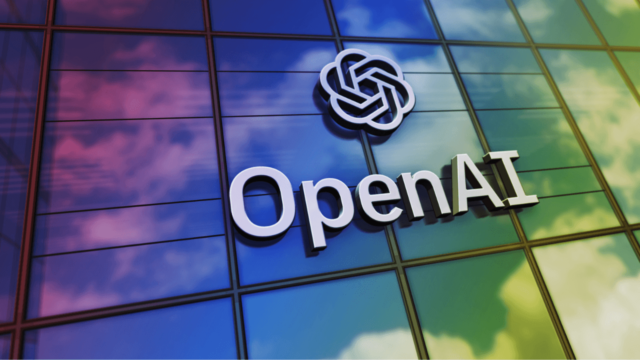
A New York federal judge has dismissed a copyright lawsuit brought against OpenAI by news outlets, claiming the AI giant illegally used their content to train its models. This decision marks a significant victory for OpenAI, but it also highlights the ongoing legal and ethical complexities surrounding AI and copyright.
On November 7, 2024, Judge Colleen McMahon of the U.S. District Court for the Southern District of New York dismissed a copyright infringement lawsuit filed by Raw Story Media and Alternet Media against OpenAI.
The lawsuit alleged that OpenAI had violated the Digital Millennium Copyright Act (DMCA) by removing copyright management information from the news outlets’ articles when using them to train its AI models, including the popular chatbot, ChatGPT.
This case has been closely watched by many, as it touches upon a crucial question in the age of AI: Who owns the data used to train these powerful models? The outcome of this case has significant implications for the future of AI development and the rights of content creators.
The Core of the Dispute
The heart of the lawsuit was the claim that OpenAI had unlawfully removed copyright management information, such as author names and copyright notices, from the news outlets’ articles before feeding them into its AI training datasets. The plaintiffs argued that this action violated the DMCA, which prohibits the removal or alteration of copyright management information.
However, Judge McMahon ruled that the plaintiffs lacked the standing to bring their claims because they failed to demonstrate “concrete injury.” In other words, they couldn’t prove that the removal of this information had caused them any direct harm. The judge emphasized that simply using the articles for training AI models, without further dissemination of the copyrighted works, did not constitute an adverse effect necessary to establish standing.
OpenAI’s Defense and the Court’s Perspective
OpenAI argued that its use of the news articles for training purposes fell under the doctrine of fair use, a legal principle that allows limited use of copyrighted material without permission from the copyright holder. The court, however, did not delve into the fair use argument, focusing instead on the issue of standing.
Judge McMahon’s decision highlights the challenges faced by content creators in the age of AI. While the court acknowledged the potential for harm caused by the unauthorized use of copyrighted material for AI training, it also emphasized the need for concrete evidence of injury to pursue legal action.
Implications for the Future of AI and Copyright
This ruling is a significant win for OpenAI and other AI developers. It provides them with more legal leeway in using publicly available data for training their models, even if it involves copyrighted material. However, it’s important to note that the court did not explicitly endorse OpenAI’s actions or rule on the legality of using copyrighted material for AI training in general.
The case also underscores the need for clearer legal frameworks and guidelines regarding AI and copyright. As AI models become increasingly sophisticated and reliant on vast amounts of data, the question of how to protect the rights of content creators while fostering innovation in the AI field remains a pressing concern.
My Perspective and Experiences
As someone deeply interested in the intersection of AI and law, I’ve been following this case with great interest. I believe this ruling is a step in the right direction, as it recognizes the unique challenges posed by AI development. However, it also highlights the need for a more nuanced approach to copyright law in the digital age.
In my own work, I’ve seen firsthand how AI can be used to create amazing things, from generating creative content to solving complex problems. But I also recognize the importance of protecting the rights of those who create the data that fuels these AI models.
I believe that a balanced approach is needed, one that allows for innovation in the AI field while ensuring that content creators are fairly compensated for their work. This may involve new licensing models, data sharing agreements, or even legislative changes to address the unique challenges posed by AI.
What’s Next?
While this ruling provides some clarity, the legal battle over AI and copyright is far from over. The plaintiffs have the option to amend their complaint and refile the lawsuit, and other similar cases are pending in courts across the country.
The debate over AI and copyright is likely to continue for years to come. As AI technology evolves and its impact on society grows, we need to find ways to balance the interests of AI developers, content creators, and the public at large.
This case serves as a reminder that the law is still catching up with the rapid advancements in AI. It’s crucial for policymakers, legal experts, and the AI community to work together to develop a legal framework that fosters innovation while protecting the rights of all stakeholders.
The dismissal of the news outlets’ lawsuit against OpenAI is a significant development in the ongoing debate over AI and copyright. While it represents a victory for OpenAI, it also highlights the need for clearer legal guidelines and a balanced approach that protects the rights of content creators while fostering innovation in the AI field.










